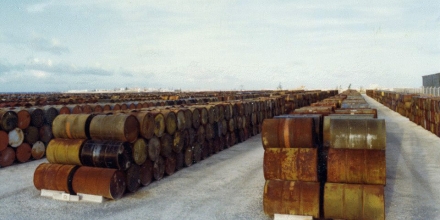Long-term effects of Agent Orange on health capital in Vietnam

Event details
ACDE Seminar
Date & time
Venue
Speaker
Contacts
This study examines the long-term health consequences of the spraying of deforestation chemicals by the US military during the Vietnam war. One of these was Agent Orange, which contained highly toxic dioxins, the harmful effect of which on humans is through food, water and soil contamination. The study exploits spatial variation in the intensity of spraying to provide evidence of the long-term effect of these dioxins on health capital, as measured by the prevalence of disability among exposed civilians. The novel feature of the analysis is to shift attention from the war period to indirect exposure to the military herbicides, by working only with a sample of those born after the war. The preliminary results suggest that even 40 years after the war ended, Agent Orange is still affecting the lives of Vietnamese people.
Dr Nobu Yamashita is a Senior Lecturer with the School of Economics, Financing and Marketing, RMIT.
Trong Trinh Anh is a Research Candidate, International Development and Trade Research Group, RMIT.
Updated: 20 April 2024/Responsible Officer: Crawford Engagement/Page Contact: CAP Web Team











